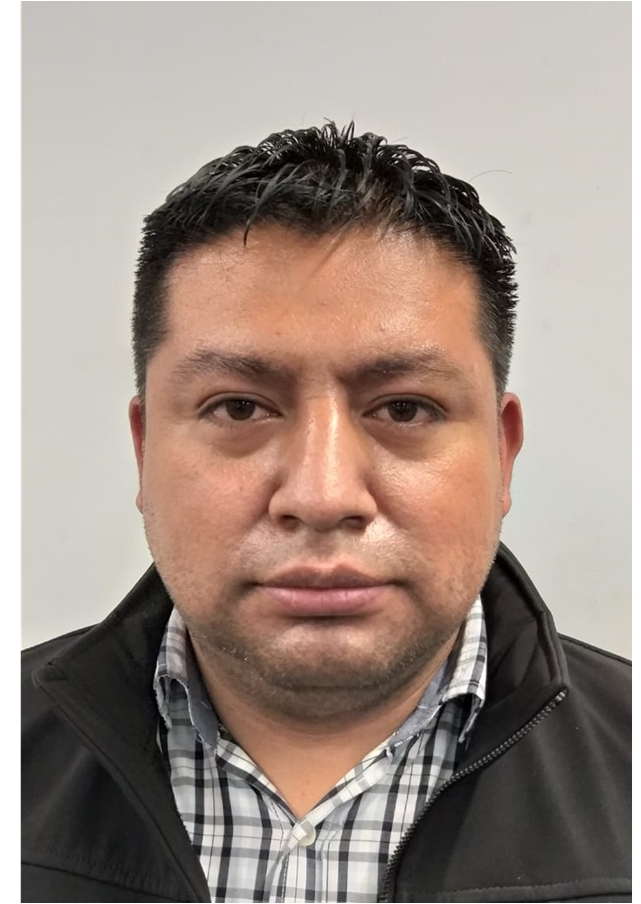About me

Hi! I am Mario Ramirez Neria. I received the B.S. degree in mechatronics engineering from the Professional Interdisciplinary Unit of Engineering and Advanced Technologies, National Polytechnic Institute, Mexico City, Mexico, the M.S. degree in electrical engineering from the Mechatronics Section, Electrical Engineering Department, CINVESTAV IPN, and the Ph.D. degree in automatic control from the Automatic Control Department, CINVESTAV-IPN. I am currently with the InIAT Institute of Applied Research and Technology, Universidad Iberoamericana. I am the author of 16 technical articles in refereed journals. I have participated in more than 20 international conferences. I am the coauthor of one book. My current research interests include applications of control theory, active disturbance rejection control, and robotics.
My current reseach active disturbance rejection control (ADRC)
In the nineties, Jingqing Han, who studied in Moscow State University, ex-student of professor Schipanov, proposed for both the dynamic uncertainties and the unknown external disturbances: the Extended State Observer (ESO), by which the combined effect of both unknown dynamics and external disturbance is treated as a fictitious state, estimated using a state observer, and canceled out, reducing a complex nonlinear time-varying control problem to a simple linear time-invariant one, forming the backbone of a new design paradigm: Active Disturbance Rejection Control (ADRC). I am an expert on the desing, implementation and experimental verification of ADRC on dynamic systems, robots, under-actuated systems and building-type structures to reduce oscillations in the event of an earthquake.
Research project "Leader-Follower ADRC Strategy for Omnidirectional Mobile Robots without Time-Derivatives in the Tracking Controller"
In this proyect, the problem of designing an active disturbance rejection control (ADRC) strategy for omnidirectional mobile robots in leader-follower formation is addressed. The proposed solution utilizes the partially available robot dynamical model and only uses robot position as measurable information. A special extended state observer in error-based form is constructed allowing the controller to be designed without an explicit use of signal time-derivatives, which increases the practical appeal of the introduced control scheme. Experimental results show the effectiveness of the approach in terms of trajectory tracking and disturbance rejection. This research will be presented in the 2023 American Control Conference May 31 - June 2, 2023 | San Diego, CA, USA, ACC2023 HOME .
A video with experimental results of the omnidirectional robots can be found in My YouTube Channel